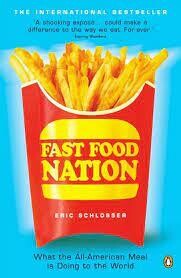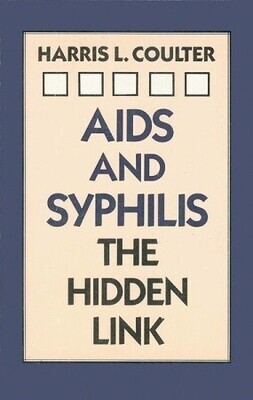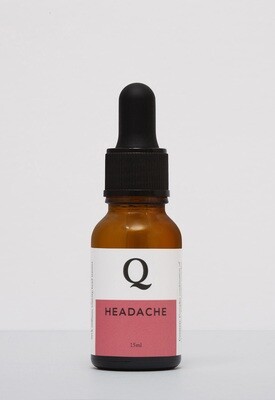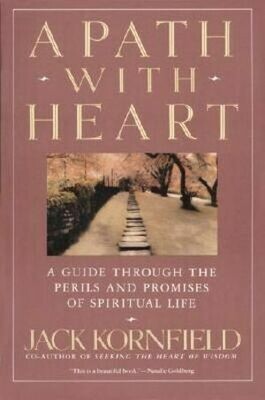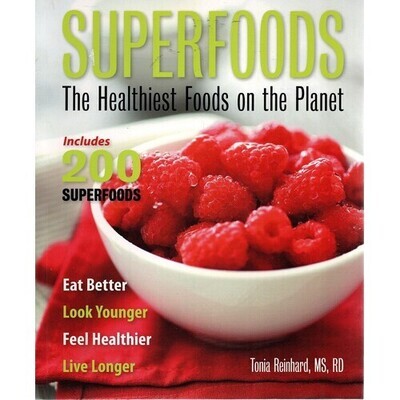Shop
Natural Medicine and Homeopathy Shop
Brookvale, Sydney, NSW (02) 99059415

Natural medicine products. New and second hand homeopathy textbooks and beginner books. Order on-line or drop-in to the clinic for professional advice. 2nd hand books.
RETURNS AND REFUNDS: Return your unused goods within 30 days with your receipt and you are eligible for a refund. Please read the full policy before purchase. SHIPPING: Our shipping costs are Standard Australia Post Fees.
Fast food nation (Schlosser)
Fast food nation (Schlosser)
Now the subject of a film by Richard Linklater, Eric Schlosser's explosive bestseller Fast Food Nation- What the All-American Meal is Doing to the World tells the story of our love affair with fast food. Britain eats more fast food than any other country in Europe. It looks good, tastes good, and it's cheap. But the real cost never appears on the menu. Eric Schlosser visits the lab that re-creates the smell of strawberries; examines the safety records of abattoirs; reveals why the fries really taste so good and what lurks between the sesame buns - and shows how fast food is transforming not only our diets but our world. 'Fast Food Nation has lifted the polystyrene lid on the global fast food industry ... and sparked a storm' Observer 'Has wiped that smirk off the Happy Meal ... Thanks to this man, you'll never eat a burger again' Evening Standard 'Startling ... Junk food, we learn, is just that ... left this reader vowing never to set foot in one of those outlets again' Daily Mail 'This book tells you more than you really want to know when you're chomping on that hamburger ... Have a nice day? Listen - you should live so long' The Times Eric Schlosser is a correspondent for the Atlantic Monthly. His first book, Fast Food Nation, was a major international bestseller. His work has appeared in the Atlantic Monthly, Rolling Stone and the Guardian. He has received a number of journalistic honours, including a National Magazine Award for an Atlantic Review article on the drug trade, which was later adapted into the book Reefer Madness.
Industry Reviews
In the 1950s a burger and fries became America's quintessential meal. Now McDonald's has become the largest owner of retail property in the world. It's part of a wider corporate domination: one can, Schlosser argues, live from cradle to grave without spending any money in an independently owned business. But what are the repercussions of this economic sea-change, and what are the effects on public health, nutrition and safety? Schlosser's account is unashamedly a counter-blast against late-capitalist logic. The 'fast food' world depends on uniformity. Individuality is despised; obedience in the workforce is the primary virtue. The industry reduces humans to the level of the animals used to produce standardised reconstituted meat products. Meat-packing is the most dangerous job in the USA for its workers - but the whole process lends itself to the wider proliferation of disease. The most sickening scenes in this book are of E Coli poisoning caused by the ease with which the bug can transmit itself through slaughterhouses. Meanwhile 'cannibalistic recycling' - the practice of feeding animals with the remains of other dead animals - has led to the BSE outbreak in Great Britain. Schlosser knows the food as well as anyone; he even admits much of it tastes good - even though the taste is manufactured in a lab off the New Jersey Turnpike. But he insists the real cost of this supposedly cheap food is hidden, and his book attempts to uncover long-term, subtle effects. Brand loyalty begins as early as two; the major corporations seek to capture young hearts and minds. Fast food is the culinary form of dumbing down, and correspondingly easy to sneer at. What sets Schlosser's book apart is its vast range of detail that becomes a rolling thunder. His barrage of startling facts, and pen-portraits of victims of corporate culture, builds up a picture from which the reader can draw obvious conclusions, and make his own choice next time he passes McDonald's Golden Arches - a more recognized symbol than the Christian cross. (Kirkus UK)
Paperback 386 pages


